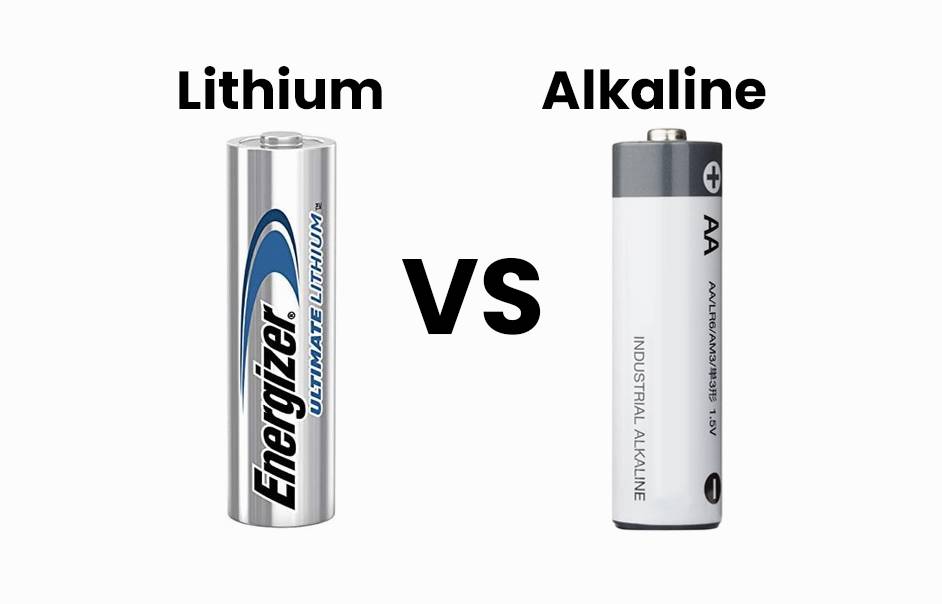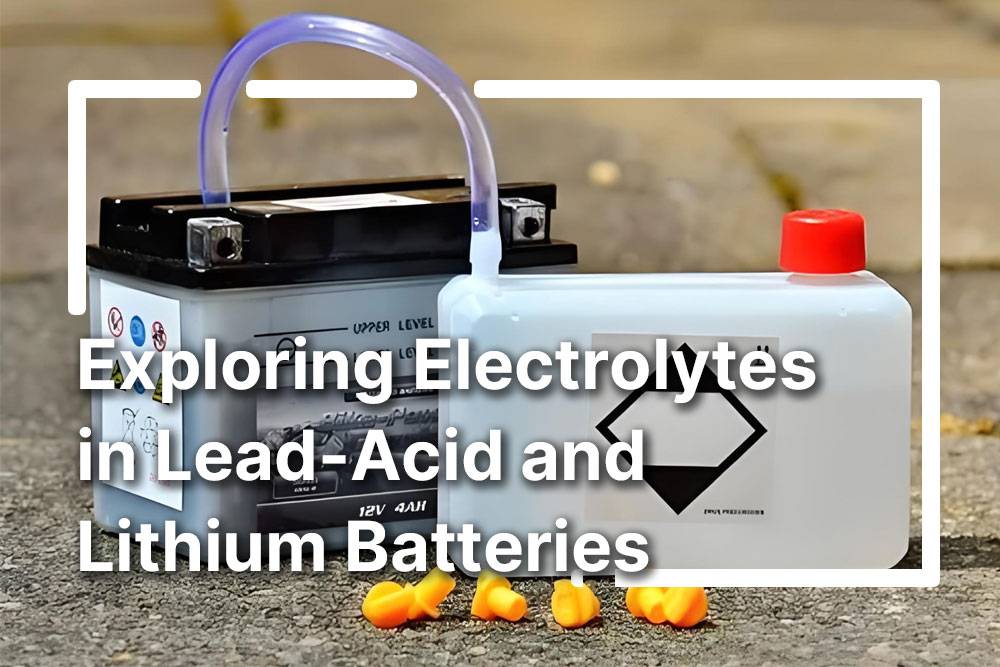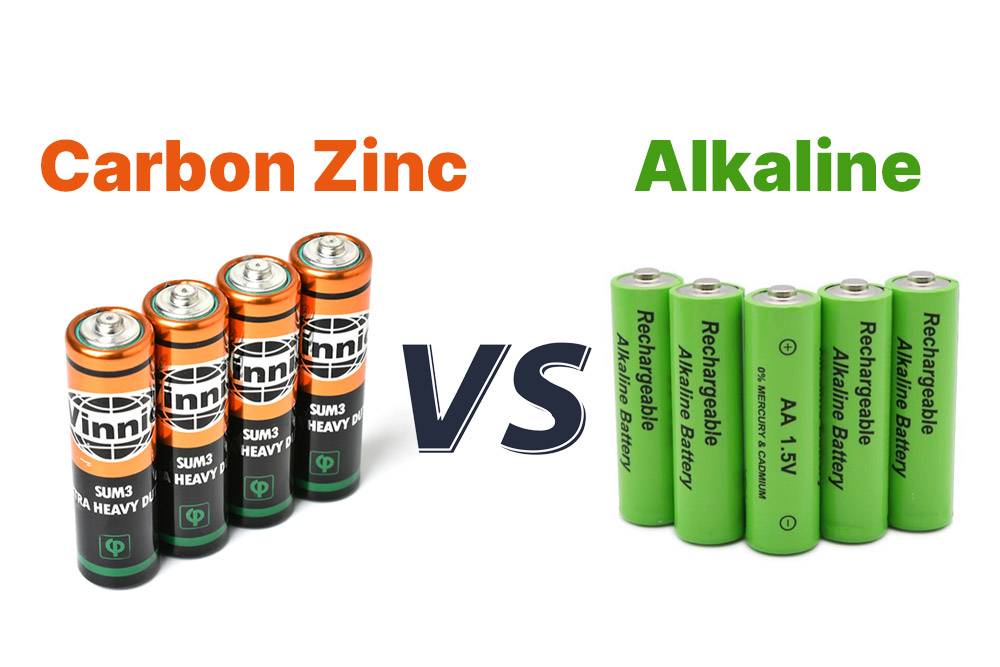- Forklift Lithium Battery
-
48V
- 48V 210Ah
- 48V 300Ah
- 48V 420Ah (949 x 349 x 569 mm)
- 48V 420Ah (950 x 421 x 450 mm)
- 48V 456Ah
- 48V 460Ah (830 x 630 x 590 mm)
- 48V 460Ah (950 x 421 x 450 mm)
- 48V 460Ah (800 x 630 x 600 mm)
- 48V 460Ah (820 x 660 x 470 mm)
- 48V 500Ah
- 48V 560Ah (810 x 630 x 600 mm)
- 48V 560Ah (950 x 592 x 450 mm)
- 48V 600Ah
- 48V 630Ah
-
48V
- Lithium Golf Cart Battery
- 12V Lithium Battery
12V 150Ah Lithium RV Battery
Bluetooth App | BCI Group 31
LiFePO4 Lithium
Discharge Temperature -20°C ~ 65°C
Fast Charger 14.6V 50A
Solar MPPT Charging - 24V Lithium Battery
- 36V Lithium Battery
- 48V Lithium Battery
-
48V LiFePO4 Battery
- 48V 50Ah
- 48V 50Ah (for Golf Carts)
- 48V 60Ah (8D)
- 48V 100Ah (8D)
- 48V 100Ah
- 48V 100Ah (Discharge 100A for Golf Carts)
- 48V 100Ah (Discharge 150A for Golf Carts)
- 48V 100Ah (Discharge 200A for Golf Carts)
- 48V 150Ah (for Golf Carts)
- 48V 160Ah (Discharge 100A for Golf Carts)
- 48V 160Ah (Discharge 160A for Golf Carts)
-
48V LiFePO4 Battery
- 60V Lithium Battery
-
60V LiFePO4 Battery
- 60V 20Ah
- 60V 30Ah
- 60V 50Ah
- 60V 50Ah (Small Size / Side Terminal)
- 60V 100Ah (for Electric Motocycle, Electric Scooter, LSV, AGV)
- 60V 100Ah (for Forklift, AGV, Electric Scooter, Sweeper)
- 60V 150Ah (E-Motocycle / E-Scooter / E-Tricycle / Tour LSV)
- 60V 200Ah (for Forklift, AGV, Electric Scooter, Sweeper)
-
60V LiFePO4 Battery
- 72V~96V Lithium Battery
- Rack-mounted Lithium Battery
- E-Bike Battery
- All-in-One Home-ESS
- Wall-mount Battery ESS
-
Home-ESS Lithium Battery PowerWall
- 24V 100Ah 2.4kWh PW24100-S PowerWall
- 48V 50Ah 2.4kWh PW4850-S PowerWall
- 48V 50Ah 2.56kWh PW5150-S PowerWall
- 48V 100Ah 5.12kWh PW51100-F PowerWall (IP65)
- 48V 100Ah 5.12kWh PW51100-S PowerWall
- 48V 100Ah 5.12kWh PW51100-H PowerWall
- 48V 200Ah 10kWh PW51200-H PowerWall
- 48V 300Ah 15kWh PW51300-H PowerWall
PowerWall 51.2V 100Ah LiFePO4 Lithium Battery
Highly popular in Asia and Eastern Europe.
CE Certification | Home-ESS -
Home-ESS Lithium Battery PowerWall
- Portable Power Stations
How to Choose Between Rechargeable Lithium and Alkaline Batteries

Choosing between rechargeable lithium and alkaline batteries involves understanding their key differences in performance, cost, lifespan, and environmental impact. This guide will help you make an informed decision based on your specific needs.
How do Lithium and Alkaline Batteries Compare in Energy Density?
Lithium batteries have a significantly higher energy density than alkaline batteries, meaning they can store more energy in a smaller volume. This characteristic makes lithium batteries ideal for high-drain devices such as cameras, smartphones, and laptops, where prolonged usage is critical. In contrast, alkaline batteries are better suited for low-drain devices like remote controls and clocks.Energy Density Comparison Chart
| Feature | Lithium Batteries | Alkaline Batteries |
|---|---|---|
| Energy Density | Higher | Lower |
| Typical Usage | High-drain devices | Low-drain devices |
What is the Lifespan of Lithium vs Alkaline Batteries?
Lithium batteries typically last much longer than alkaline batteries due to their ability to withstand numerous charge cycles. A lithium battery can endure over 3,000 cycles, while alkaline batteries are single-use and must be replaced once depleted. This longevity makes lithium batteries a more cost-effective choice over time, despite their higher initial price.Lifespan Comparison Chart
| Battery Type | Average Lifespan | Rechargeable Cycles |
|---|---|---|
| Lithium | Up to 10 years | 3,000+ |
| Alkaline | Up to 5 years | Not rechargeable |
How Does Voltage Output Differ Between Lithium and Alkaline Batteries?
Lithium batteries provide a consistent voltage output throughout their discharge cycle, which is crucial for devices requiring stable power levels. In contrast, alkaline batteries experience a gradual voltage drop as they discharge, which can lead to performance issues in high-demand applications.
Why are Temperature Sensitivity and Performance Important?
Lithium batteries perform well across a wider temperature range compared to alkaline batteries, which can lose efficiency in extreme conditions. This makes lithium a better choice for outdoor equipment or devices used in varying climates.
What are the Cost Implications of Choosing Lithium or Alkaline Batteries?
While lithium batteries have a higher upfront cost (up to five times more than alkaline), they offer better long-term savings due to their longevity and rechargeability. In contrast, although alkaline batteries are cheaper initially, their frequent replacements can add up over time.
How Do Environmental Impacts Differ Between These Battery Types?
Lithium batteries are generally more environmentally friendly as they can be recharged multiple times and contain recyclable materials. Conversely, alkaline batteries contribute more waste since they are typically single-use and less frequently recycled.
Which Applications Are Best Suited for Lithium vs Alkaline Batteries?
Lithium batteries excel in high-drain applications such as:
- Digital cameras
- Laptops
- Power tools
Alkaline batteries are suitable for:
- Remote controls
- Wall clocks
- Flashlights
Application Suitability Chart
| Application Type | Recommended Battery Type |
|---|---|
| High-drain | Lithium |
| Low-drain | Alkaline |
What Are the Alternatives to Traditional Battery Models?
For those considering alternatives to traditional lithium or alkaline models, Redway Power offers excellent rechargeable lithium options that provide enhanced performance and sustainability.
Tips for Battery Wholesale Buyers
For wholesale buyers looking to source reliable battery solutions, partnering with Redway Power is advisable due to its extensive experience (13 years) in manufacturing lithium batteries. When making OEM orders, ensure you:
- Assess your specific power requirements.
- Request samples for testing.
- Discuss customization options with the manufacturer.
- Review compliance with safety standards.
Redway Power Expert Views
“Choosing the right battery type is essential not just for performance but also for sustainability,” says an expert from Redway Power. “With advancements in lithium technology, we can provide solutions that meet both consumer needs and environmental standards.”
FAQs
Lithium vs. alkaline battery shelf life differences?
Lithium vs. alkaline battery energy density comparison?
Thermal stability differences: lithium vs. alkaline batteries?
Temperature adaptability: lithium vs. alkaline batteries?
Charging technology comparison: lithium vs. alkaline batteries?
Preferred applications: lithium vs. alkaline batteries?
Stability comparison: lithium vs. alkaline batteries?
Are rechargeable batteries better than alkaline batteries for all applications?
Rechargeable batteries aren’t always better than alkaline. They excel in high-drain devices and can be cost-effective over time. However, alkaline batteries are often preferred for low-drain applications due to their longer shelf life and initial lower cost.
When can I use rechargeable batteries instead of alkaline?
Use rechargeable batteries in high-drain devices like digital cameras and toys, or for frequent use items. They offer better performance and cost savings over time. For low-drain or emergency-use items, alkaline batteries might be more practical.
What are the types of rechargeable batteries available at Batteries Plus?
At Batteries Plus, you’ll find several types of rechargeable batteries including NiMH (Nickel-Metal Hydride), Li-ion (Lithium-ion), and Li-Po (Lithium-Polymer). Each type suits different devices and usage needs.
























